
GA Depot, which remains under review by the FDA, showed a safe and tolerable profile in an additional 52-week extension period.

GA Depot, which remains under review by the FDA, showed a safe and tolerable profile in an additional 52-week extension period.
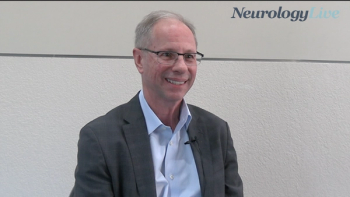
The director of Cleveland Clinic’s Mellen Center for Multiple Sclerosis Treatment and Research talked about recent findings on long-term impact of ozanimod in patients with relapsing-remitting multiple sclerosis presented at ACTRIMS Forum 2024. [WATCH TIME: 4 minutes]
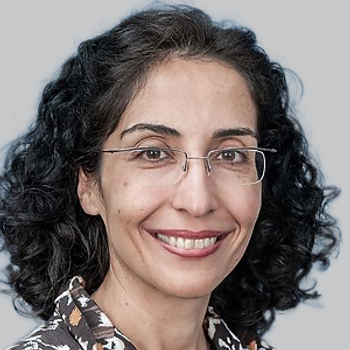
A new study showed that NLRX1, a mitochondrial innate immune sensor, may serve as a promising therapeutic target to prevent inflammatory neurodegeneration in multiple sclerosis.

The chief medical advisor at the Muscular Dystrophy Association provided perspective on the upcoming meeting and the conversations surrounding new therapeutics for diseases that once had little to nothing. [WATCH TIME: 4 minutes]

A recent study presented at 2024 ACTRIMS Forum showed that body mass index may influence disease progression in patients with multiple sclerosis.

These data, presented at 2024 ACTRIMS Forum, highlight the impacts neurofilament light has on patients with multiple sclerosis irrespective of race or ethnicity.

Long-term data from the phase 3 DAYBREAK trial affirmed sustained efficacy of ozanimod for relapsing forms of multiple sclerosis, with a high amount of patients who were relapse-free at 6 years.
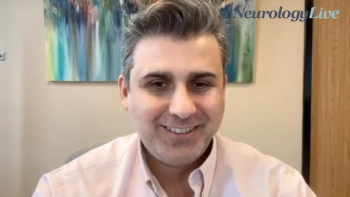
The associate professor of neurology at McMaster University talked about findings from secondary analyses on the phase 4 ANNEXA-I trial assessing andexanet alfa in patients with acute intracerebral hemorrhage. [WATCH TIME: 10 minutes]
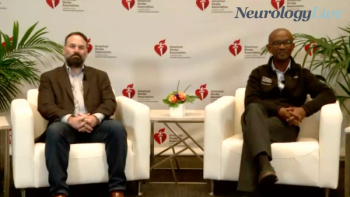
The professor of emergency medicine at Washington University in St. Louis and associate professor of neurosurgery at UTHealth Houston talked about results from the phase 3 MOST trial assessing argatroban and eptifibatide in acute ischemic stroke. [WATCH TIME: 3 minutes]
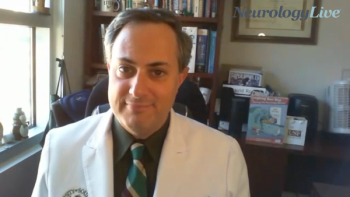
The professor of neurology at University of South Florida talked about the cost-effectiveness of insertable cardiac monitors to detect new atrial fibrillation in patients with large-artery or small-vessel disease stroke. [WATCH TIME: 4 minutes]

The professor in the Department of Translational Neuroscience at Barrow Neurological Institute provided perspective on the approval of tofersen (Qalsody; Biogen) for patients with ALS and the ways neurofilament light will be used going forward. [WATCH TIME: 3 minutes]
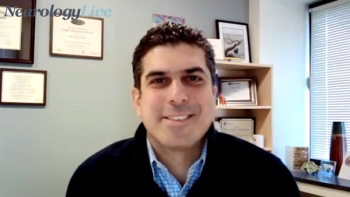
The associate professor of neurology at Brown University talked about findings from an observational study investigating treatment options antiplatelets and anticoagulation for cervical artery dissection. [WATCH TIME: 8 minutes]

The vascular neurologist and director of the residency program at Cleveland Clinic provided perspective on the biggest learning experiences over the past decade for Cleveland Clinic’s mobile stroke unit. [WATCH TIME: 4 minutes]
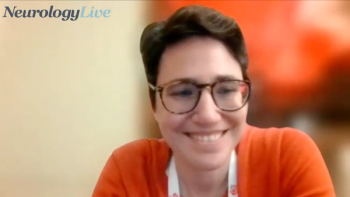
The medical director of the Stroke Center at Weill Cornell Medicine talked about results from a recent study on the risk of stroke in patients on assisted reproductive technologies during delivery hospitalization. [WATCH TIME: 4 minutes]

The professor in the Department of Translational Neuroscience at Barrow Neurological Institute discussed several topics related to ALS research and the emerging biomarkers in recent years ahead of the 2024 MDA Clinical and Scientific Conference.

The vascular neurologist and director of the residency program at Cleveland Clinic provided perspective on a recently conducted study showing the benefits of timely treatment through mobile stroke units for patients with acute intracerebral hemorrhage. [WATCH TIME: 6 minutes]
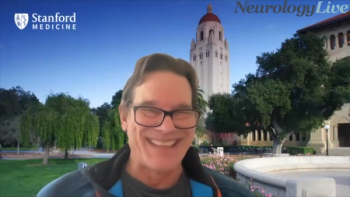
The professor of neurology and director of the Stanford Stroke Center discussed the ways stroke care is evolving and the significance of the TIMELESS trial, which demonstrated the safety of tenecteplase in later-window poststroke patients. [WATCH TIME: 7 minutes]

The professor in the Department of Translational Neuroscience at Barrow Neurological Institute provided comments on her session track at the upcoming 2024 MDA conference and some of the recent advancements in ALS research. [WATCH TIME: 4 minutes]
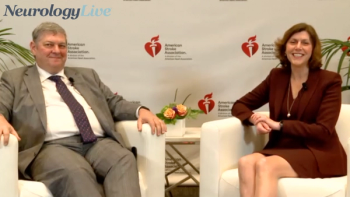
The medical director of the Cooper Neurological Institute and the professor of neurology at Yale University School of Medicine shared a few highlights from research presented at ISC 2024. [WATCH TIME: 7 minutes]
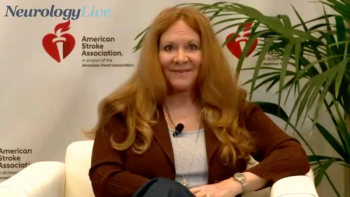
The professor of nursing and neurology at the University of Tennessee Health Science Center talked about findings from a study investigating head-of-bed position in patients undergoing thrombectomy which was presented at ISC 2024. [WATCH TIME: 6 minutes]

The professor of neurology and director of the Stanford Stroke Center provided commentary on clinical implications of findings from the TIMELESS trial assessing tenecteplase initiated in the late window after stroke onset. [WATCH TIME: 4 minutes]
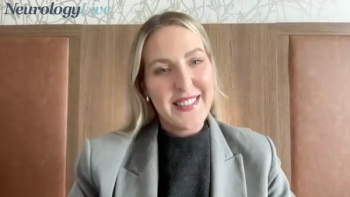
The postdoctoral research fellow in neurology at Harvard Medical School talked about the potential of a portable low field MRI device to provide timely and cost-effective diagnoses for stroke. [WATCH TIME: 4 minutes]
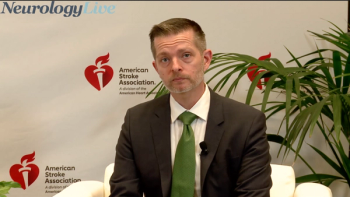
The assistant professor of neurosurgery and biomedical informatics at the State University of New York at Buffalo discussed the questions that still remain following the EMBOLISE trial and the use of embolization in the treatment of subacute and subdural hematoma. [WATCH TIME: 5 minutes]
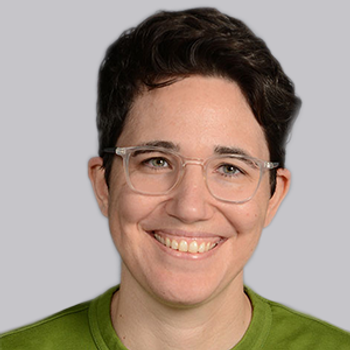
In a recent study presented at ISC 2024, results revealed that patients who used assisted reproductive technologies therapy during hospitalization for delivery had a higher risk of stroke than those who did not use such therapies.

A recent study showed anticoagulation reduced ischemic stroke risk in patients with cervical artery dissection; however, cautioned is warned about the importance of transitioning to antiplatelet therapy at a certain point.

Topline results from the RESCUE trial indicate that RNS60, an anti-inflammatory agent, demonstrates safety and potential efficacy in acute ischemic stroke.

New findings from the TIMELESS trial suggest that tenecteplase within 4.5 to 24 hours post-stroke might benefit certain subgroups, despite overall neutral outcomes.

The assistant professor of neurosurgery and biomedical informatics at the State University of New York at Buffalo provided commentary on the significant findings from the EMBOLISE trial presented at the 2024 International Stroke Conference. [WATCH TIME: 4 minutes]

Using a cohort of more than 20,000 patients with ischemic stroke, those on AI-CDSS experienced less vascular events of hemorrhagic stroke, myocardial infarction, or vascular death.

Tirofiban treatment in acute ischemic stroke reduced early neurological deterioration compared to oral antiplatelet therapy alone, warranting further investigation.